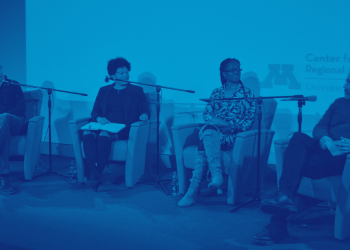Summary of findings
SEIU employees report episodes of racism in their work environments as regular occurrences.
It is possible to categorize these incidents as falling into one of several types. First, there is treatment by co-workers. Second, there is unequal treatment they receive from their supervisors and managers. Third, several focus group participants reported witnessing, and having to deal with, acts of racism by hospital employees that are directed at patients, including differential care. Fourth, focus group participants are also the victims of racism from patients.
The reaction of hospital administration to the racism experienced by focus group participants was also a topic of extensive concern and in some cases constituted a form of individualized racism in its own. Regardless, however, the lackluster or non-existent administrative response further exacerbates problems of racism in the workplace by signaling to perpetrators that their behaviors will go unpunished. The lack of administrative follow-up is also an additional harm to the person targeted by racist actions.
All of these factors contribute to and make worse a toxic working environment for Black and Brown employees of the six hospitals represented in this study. Most participants felt that acts of racism have increased in recent years, and many comments connected them to the aftermath of the George Floyd murder.
Focus group participants identified a number of different impacts of workplace racism, including damage to employee morale, adverse effects on work, and on the health and well-being of employees.
Participants made several suggestions on how to address racism in their workplaces, ranging from effective training of managers and employees to better communication in anticipation of and response to acts of racism.








